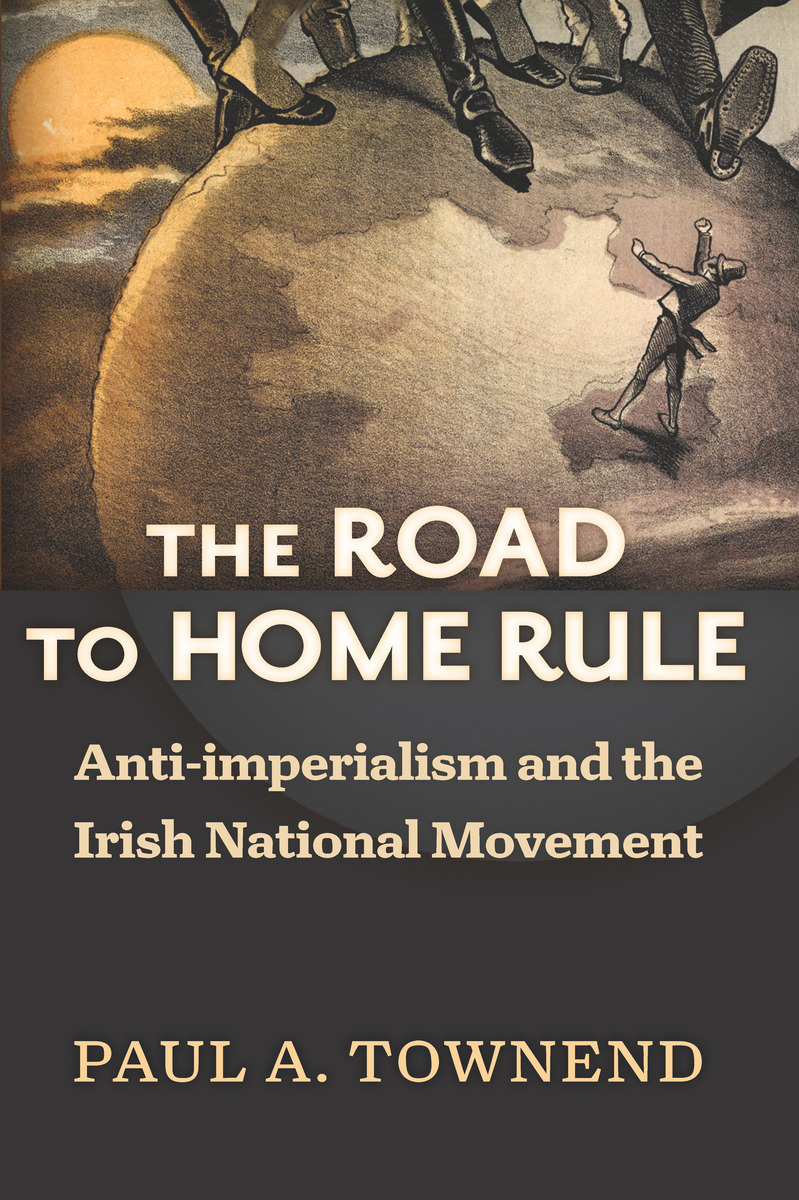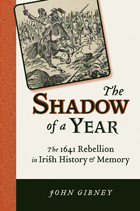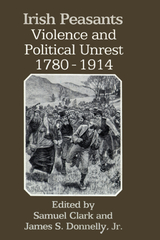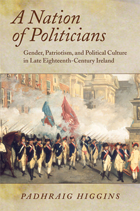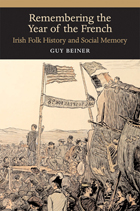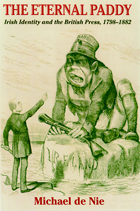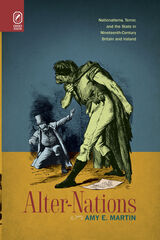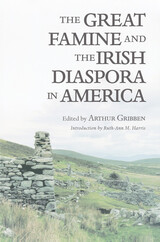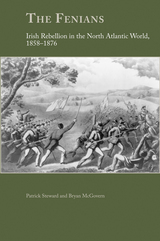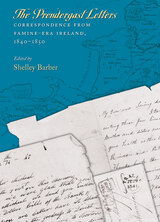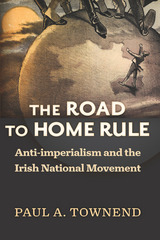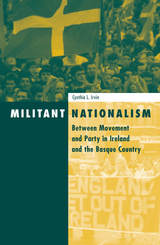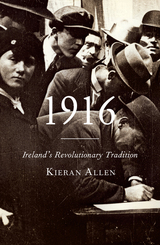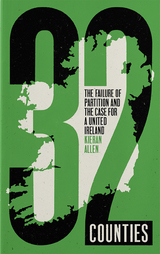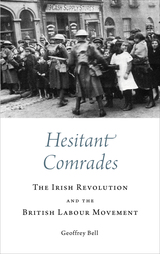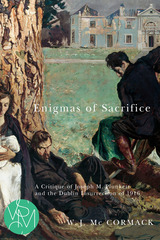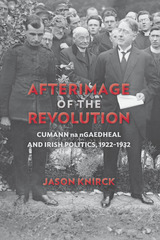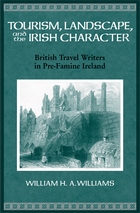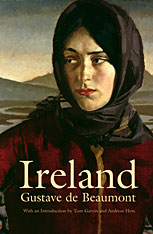The Road to Home Rule: Anti-imperialism and the Irish National Movement
University of Wisconsin Press, 2016
Cloth: 978-0-299-31070-7 | eISBN: 978-0-299-31073-8
Library of Congress Classification DA957.T69 2016
Dewey Decimal Classification 320.540941509034
Cloth: 978-0-299-31070-7 | eISBN: 978-0-299-31073-8
Library of Congress Classification DA957.T69 2016
Dewey Decimal Classification 320.540941509034
ABOUT THIS BOOK | AUTHOR BIOGRAPHY | REVIEWS | TOC | REQUEST ACCESSIBLE FILE
ABOUT THIS BOOK
In the 1870s and 1880s, as the United Kingdom avidly built its empire in Asia and Africa, its rampant expansionism came under the scrutiny of its first and oldest colony, Ireland. Some Irish considered themselves loyal subjects and proud participants in the imperial enterprise, but others drew sharp analogies between the crown's ongoing conquests of distant lands and its centuries-old oppression of their homeland. The Irish were aware of how the British army had brutally suppressed Afghans, Egyptians, Zulus, and Boers—and how returning troops were then redeployed to quash dissent in Ireland. In Irish eyes, misrule by British officials and absentee landlords mirrored imperial oppression across the globe.
Paul Townend shows that a growing critique of British imperialism shaped a rapidly evolving Irish political consciousness and was a crucial factor giving momentum to the Home Rule and Land League campaigns. Examining newspaper accounts, the rich political cartoons of the era, and the rhetoric and actions of Irish nationalists, he argues that anti-imperialism was a far more important factor in the formation of the independence movement than has been previously recognized in historical scholarship.
Paul Townend shows that a growing critique of British imperialism shaped a rapidly evolving Irish political consciousness and was a crucial factor giving momentum to the Home Rule and Land League campaigns. Examining newspaper accounts, the rich political cartoons of the era, and the rhetoric and actions of Irish nationalists, he argues that anti-imperialism was a far more important factor in the formation of the independence movement than has been previously recognized in historical scholarship.
See other books on: Anti-imperialist movements | Home rule | Ireland | Nationalism | Road
See other titles from University of Wisconsin Press
